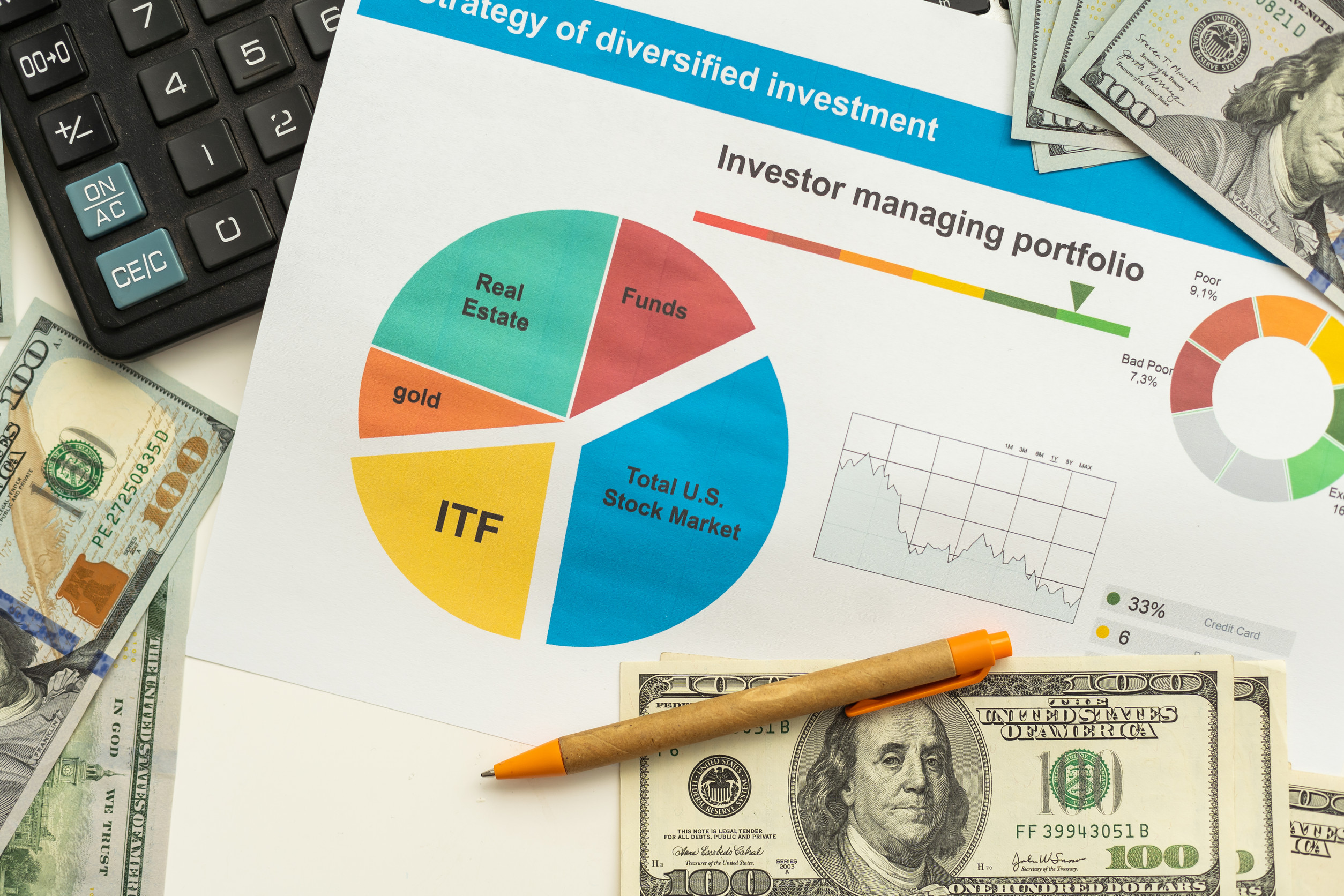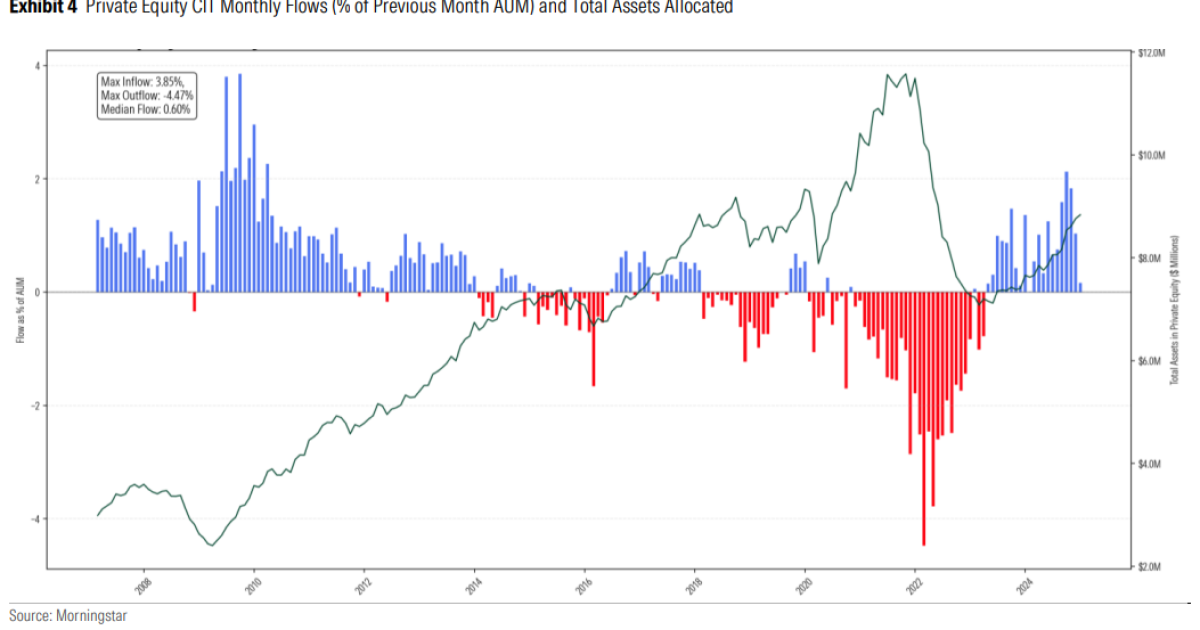Chalk that up as a win for Canadians. Between the tax-free savings account (TFSA), registered retirement savings plan (RRSP), and first home savings account (FHSA), Canadians have ample room to shelter gains from the Canada Revenue Agency (CRA). These registered accounts offer more flexibility and contribution room than Americans get with comparable 401(k) and Roth IRA plans, and they can go a long way if you use them wisely.
That said, whether from windfalls or diligent saving, some Canadians do manage to max out their registered accounts. Once that happens, and until new room opens up in January, the challenge becomes how to keep more of your investment income and gains from getting taxed in a non-registered account.
Some exchange-traded funds (ETFs) are better than others for this. Here’s a guide to how ETF tax efficiency works in Canada and which types of ETFs work best in taxable accounts.
Compare the best TFSA rates in Canada
The ABCs of ETF taxation
In a nutshell, ETF taxes work a lot like the taxes on stocks or bonds, because most ETFs are just collections of those underlying investments. If you’ve ever received a T3 or T5 slip, the categories will look familiar.
The easiest way to see how it works in practice is to check the ETF provider’s website for a tax breakdown. We’ll walk through an example using the BMO Growth ETF (ZGRO), a globally diversified asset-allocation ETF that holds about 80% equities and 20% fixed income.
If you scroll down to the “Tax & Distributions” section on ZGRO’s fund page, you’ll see a table that breaks down the composition of distributions by year. The most recent data for 2024 shows the ETF paid out $0.467667 per unit in total distributions, made up of several different tax categories:
Eligible dividends ($0.082884): These are typically paid by Canadian companies and benefit from the dividend tax credit, which lowers your effective tax rate.
Other income ($0.047890): This mostly includes interest income from the bonds held in ZGRO. It’s fully taxable at your marginal tax rate, just like salary or rental income.
Capital gains ($0.157617): Often from ETF managers rebalancing the portfolio. While not always avoidable, only 50% of a capital gain is taxable, which softens the tax hit. You will also have to pay these yourself if you sell ETF shares for a capital gain.
Foreign income ($0.169810): This comes from dividends paid by non-Canadian companies in the ETF. It’s also fully taxable as ordinary income. Worse, 15% is typically withheld at source (visible as the “foreign tax paid” line of –$0.018009) and may or may not be recoverable depending on the account type.
Return of capital ($0.027475): This is essentially some of your own money coming back to you. It’s not taxable in the year received, but it lowers your adjusted cost base. That means you’ll eventually pay tax on it when you sell the ETF and realize a capital gain. Used properly, this can smooth out distributions, but it can also inflate yield figures.
All of these get taxed differently, which makes ETFs like ZGRO tricky to manage in a non-registered account. In a TFSA or RRSP, you can ignore this tax complexity because none of it applies. But outside of registered accounts, you’ll need to report this all accurately, which can mean more work at tax time.
ZGRO is still a strong choice overall—it’s diversified, affordable, and well constructed. But for Canadian investors focused on tax efficiency, there are cleaner options. ETFs like ZGRO make the most sense in a registered account where you don’t have to worry about this messy tax mix.
X
What’s your goal: capital appreciation or income?
Figuring out which ETFs are more tax-efficient starts with defining your objective. Are you investing for capital appreciation, or are you trying to generate regular income from your portfolio?
If your goal is capital growth and you don’t need to make regular withdrawals, say, for retirement income, the focus should be on ETFs that minimize or avoid distributions. This allows the value of the ETF to grow through share price gains rather than payouts, which can defer your tax burden.
One simple way to do this is to choose growth-focused ETFs. For example, the Invesco NASDAQ 100 ETF (QQC) offers exposure to U.S. tech stocks that typically don’t pay high dividends, since they often reinvest profits into research and development and expansion. QQC’s trailing 12-month yield is just 0.42%, mostly foreign income. That level is low enough to render the tax drag minimal.
If you want to go a step further and avoid distributions altogether, some ETF families are designed specifically to do that. A well-known example is the Global X Canada (formerly Horizons ETFs) suite of corporate class, swap-based ETFs. In simple terms, these ETFs use a different fund structure and derivatives contracts to synthetically replicate exposure to equities while avoiding distributions. This has worked well in practice. You could create a globally diversified equity portfolio using:
HXS: Global X S&P 500 Index Corporate Class ETF
HXT: Global X S&P/TSX 60 Index Corporate Class ETF
HXX: Global X Europe 50 Index Corporate Class ETF
But there are trade-offs. These ETFs have seen their fees rise over time. On top of the management fee, they also charge a swap fee and have higher trading expense ratios than traditional index ETFs. This adds to your cost of holding the fund. And because they rely on swaps, you’re exposed to counterparty risk, which is the chance that the other party to the derivative contract (often a big Canadian bank) fails to deliver on its obligation. That’s unlikely but not impossible.
Another caveat is that, while these ETFs are designed to avoid distributions, they can’t guarantee zero payouts. The distribution frequency is listed as “at the manager’s discretion,” largely because of how fund accounting works. And there’s always the risk that tax law changes could alter how these structures are treated, as has happened in the past.
If you’re investing in a taxable account and want to prioritize tax deferral, these ETFs are worth considering, but go in with your eyes open.
Tax-efficient income funds
Personally, I fall into the camp of just selling ETF shares and paying capital gains tax when I need portfolio withdrawals. But I recognize a lot of investors (especially retirees) have a strong psychological aversion to this. This behaviour is known as mental accounting.


























